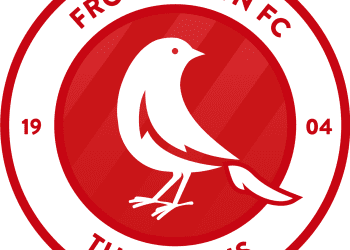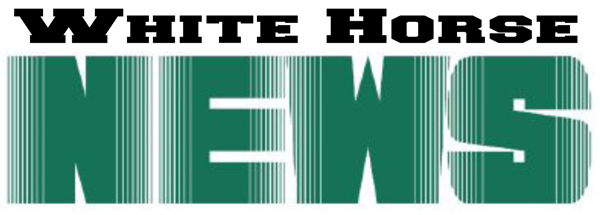Two residents on a mission to help the town’s hedgehog population thrive are running the Keyford Hedgehog Rescue and Rehab from their home in Frome.
Jenny Owen and Graham Gillions provide vital first aid to injured hedgehogs and run a rehabilitation centre from their home in the Keyford area.
“We respond to people that have found a hedgehog; we then assess the hedgehog’s needs and decide whether it should go to the vets, whether we should take it to the rehabilitation space in our home, or whether we should leave it alone,” said Graham, who described himself as a ‘long-term animal lover.’


“Our aim is to rehabilitate the hedgehog so we can eventually release it back out into the wild. The important thing for people to remember is that we are not vet practitioners, we are first aiders. The thing we do that vets don’t is the rehab part and getting them back to being strong enough to be released.”
Graham explained that the first step is always to assess whether a hedgehog needs to be taken in at all. “It is stressful for any wild animal to be put in captivity, so it’s something we only do when necessary,” he said. “If the hedgehog needs help, we assess what kind of help. This is very similar to human first aid: we check airways, breathing, circulation before going on to look at other potential injuries or problems.
Graham added that most hedgehogs that come into their care are dehydrated, and so they often inject fluids under the skin. They also feed hedgehogs with a variety of critical care foods before moving them onto a diet of wet and dry kitten food. “Hedgehogs stay in our care for varying amounts of time – from a few days to several months is quite common,” he said. “When they are ready for release, we try to return them to where they were found, as they will be familiar with the territory.”
Since the recent spell of hot weather, the couple has seen a surge in admissions. “It’s fair to say we’ve been inundated with poorly hogs,” said Graham. “Most admissions have been hoglets from this year’s litters. We think that the high temperatures and lack of rainfall have made food and water scarce. Many mothers are having to abandon their litters as a result.”


To help support local hedgehogs during this difficult time, Graham urged residents to put out food and water. “We’re very keen that as many people as possible put out saucers of water and food. We recommend meaty kitten biscuits to help our local hedgehog populations.”
Both Jenny and Graham have gained qualifications enabling them to care for and rehabilitate hedgehogs. Jenny has over 10 years of experience in wildlife rescue and support. “It’s been since 2020 that it’s been more hedgehog-specific,” said Graham.
There are six signs that a hedgehog may need help: if they are lethargic, injured, trapped, wobbly, out in the daytime, or surrounded by lots of flies. “By the time they come to us they are already quite poorly,” explained Graham. “We have the hedgehogs in crates and four incubators, which we use for babies in need of critical care.”
In the UK, hedgehog numbers have declined dramatically, with current estimates at around 800,000. The steepest drops have been in rural areas. Due to this, hedgehogs are now protected under the Wildlife and Countryside Act 1981.
“The younger they are, the more vulnerable they are,” said Graham. “Hedgehogs usually have two litters a year and, for some reason, the autumn litters do not seem to be as strong. A lot of rescues and rehabs have good success for most of the year, but then it gets to autumn and, unfortunately, there are some deaths.”

He also highlighted the dangers of litter. “Hedgehogs can get caught in plastic, and they make nests out of anything, so we’ve had nests that are 90% litter and plastic, which not only provides poor insulation but also poses an ingestion risk.”
Recently, Graham shared ideas at Frome’s Annual Town Meeting on how the town could become more ‘hedgehog-friendly’. Proposals included installing signs to warn drivers of hedgehogs on the roads, providing more hedgehog houses (such as the one already at Welshmill), creating water points around town, placing warning stickers on grass trimmers, and including hedgehog conservation in the Victoria Park management plan.
Qualified and trained volunteers are welcome to contact Jenny and Graham for more details about how they could help by emailing keyfordhedgehogrescue@gmail.com or ring 07493 079043 if you see a hedgehog in distress.
























